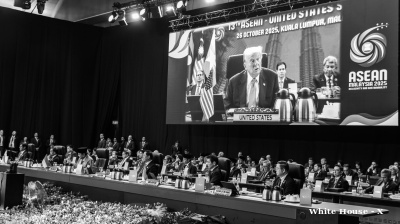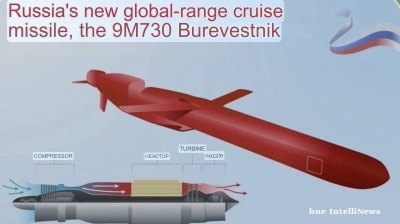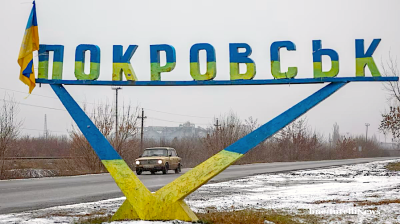International Crisis Group (ICG) released an extensive new field-researched report on the Nagorno-Karabakh conflict on June 9.
Containing much new information gleaned from interviews with officials and well-connected sources in Yerevan, Baku, Stepanakert and Moscow, the report contains a wealth of new information. Key among its points is the revelation that Azerbaijan pushed in February for a new, formal agreement on the mandate of the Russian peacekeeping force in Karabakh, one that would exclude Armenia as a signatory entirely. Much of the additional new info in the ICG report was summarised by RFE/RL in their writeup of the report today.
The report says "a handful" of ethnic Armenian civilians have been detained by Azerbaijani soldiers while they were on their way to tend orchards or cattle in pastures, having "no reason to think they had left Armenian-controlled territory."
"The soldiers released them all within hours after family members or neighbors raised the alarm with de facto authorities and Russian peacekeepers," the report says. One senior Azerbaijani official told the ICG that "the detentions were errors" and the "door should remain open to any unarmed Armenian."
Citing reports by RFE/RL, ICG says the "fragility" of the ceasefire has already been highlighted by tensions that "flared in mid-May as Armenia and Azerbaijan disputed new positions established by Azerbaijani forces" close to their shared border.
With Russia as the main foreign mediator between Armenia and Azerbaijan, ICG says Moscow's influence and the Russian peacekeeping mission "helps settle many problems, but not all of them."
"Skirmishing in May 2021 at the Armenia-Azerbaijan state border was a stark illustration of the need for diplomatic engagement on immediate postconflict issues" the group says. "The escalation came despite Russian-proposed talks to demarcate the border and following shuttle diplomacy by Russian Foreign Minister Sergei Lavrov between the two capitals," it adds.
Meanwhile, "despite plans to complete technical discussions" by March 1 on resuming joint use of regional transit routes, ICG notes that "talks have deadlocked - leading to heated statements threatening renewed fighting in southern Armenia, where a road important to Azerbaijan is located."
ICG concludes that mass displacements from Nagorno-Karabakh, the scramble by military forces to build up new frontline positions, and a looming humanitarian crisis all add up to a "fragile situation" in and around the region.
"Already frictions along the new front line, which lies close to civilian settlements, threaten renewed violence," it says. "The longer it takes for Nagorno-Karabakh residents to return home and resume some semblance of normal life, the harder it will be to jump-start future peace efforts."
News

Trump pledges enduring support for Southeast Asia as new trade deals signed
During his visit to Southeast Asia, US President Donald Trump declared that Washington would remain a steadfast ally to the region, as he signed a series of trade agreements with four ASEAN member states.

US grants 0% tariffs to Malaysia alongside Cambodia and Thailand
US President Donald Trump has approved a 0% tariff scheme for selected goods from Malaysia, Cambodia, and Thailand, a move formalised during the ASEAN Summit in Kuala Lumpur.

Russia test fires its Burevestnik nuclear-powered cruise missile
Russia’s Burevestnik nuclear-powered cruise missile has no analogues in the world, Russian President Vladimir Putin said, as the Kremlin escalates the unfolding missile arms race with Ukraine another notch.

Russia claims to surround Pokrovsk
Russia’s chief of the general staff Valery Gerasimov triumphantly reported to Putin that 31 Ukrainian battalions have been encircled in Pokrovsk and 18 battalions in Kupyansk, the hottest spot in the war.
.jpg)


_seen_here_meeting_with_Congressman_Jimmy_Panetta_201025_Cropped_1760946356.jpg)
